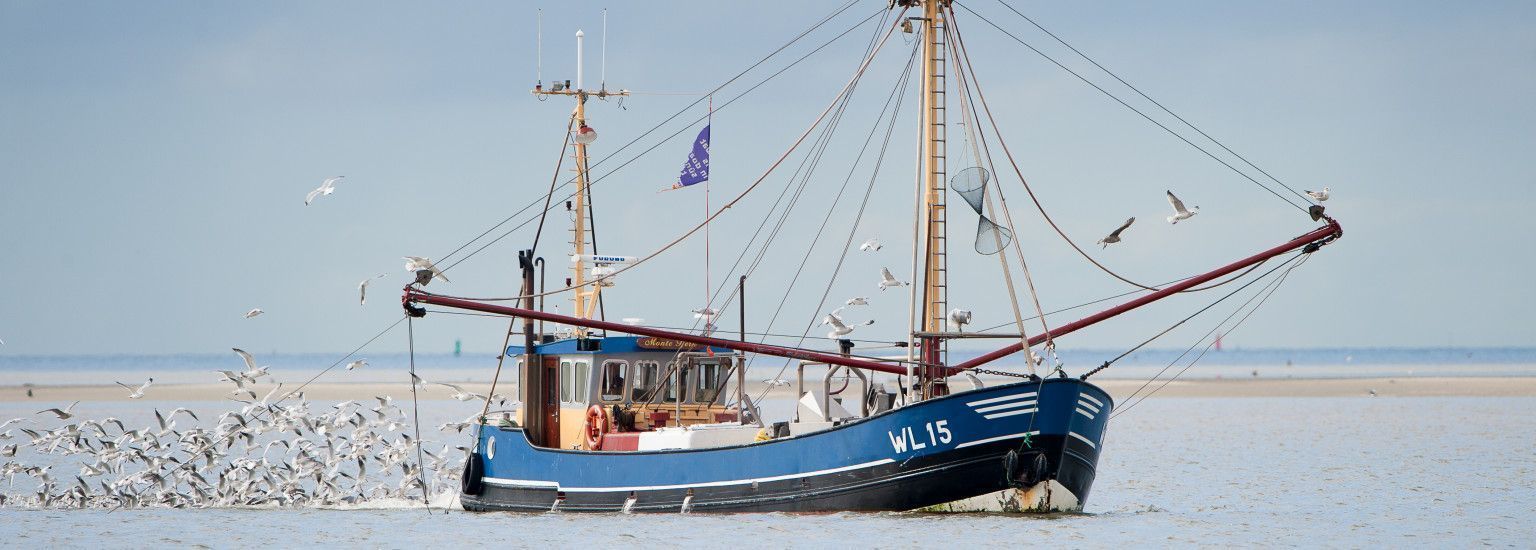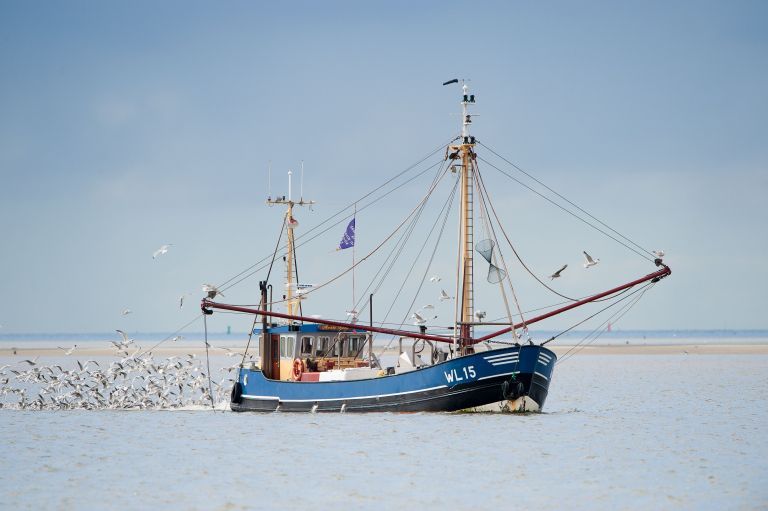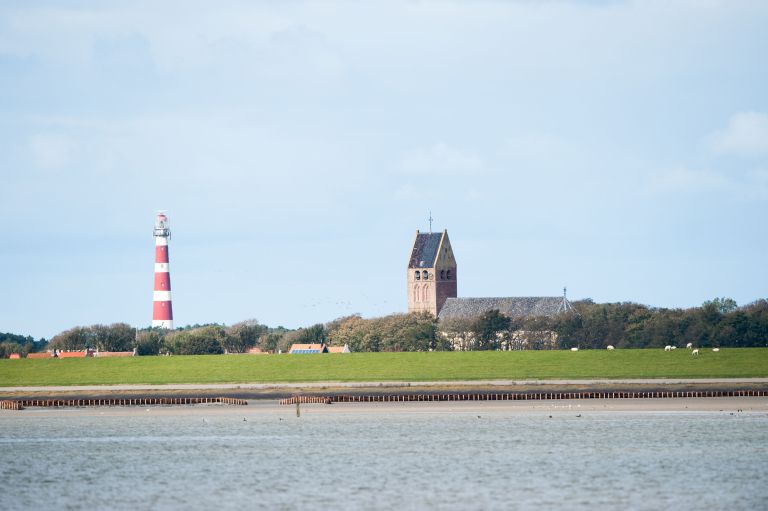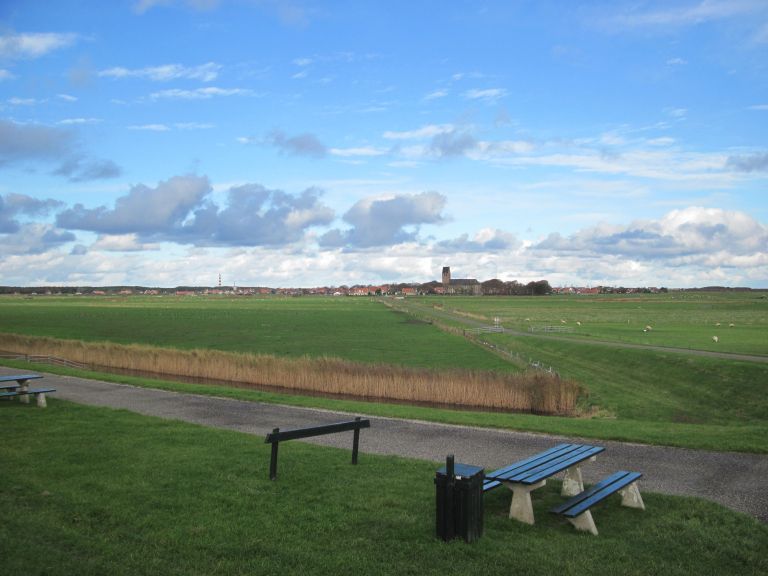
"De O'slach"
"De O'slach" was the place where firshermen from Hollum used to sell their fish and later also Frisian and Danish fishermen. Fish was carried there from "de Reede" by farmers with horse and carriage. The village crier went through the village with his bell and cried out "vis at the O'slach". Everyone then hurried to the place of sale with a bucket. The fish, carried in baskets, would be put on display in portions on a kind of counter. The fish would be auctioned off by the seller in such a way that he started with a high price, going down in price until someone called "mien"(mine)'. This was then the buyer of the portion of fish.
Fishery
Before the Ameland natives occupied themselves with whaling, they could already look back on a centuries-long tradition of fishing closer to home, mainly in the Wadden sea. They principally caught haddock, cod, flounder and plaice. This was definitely not an occupation that made you rich. The entire family had to help in order to be able to feed the family. The fish was caught with the longline, which meant that you needed thousands of lugworms each fishing trip as bait for each of the hooks of the longline. Although the digging for worm bait on the Wad was hard work, it was nevertheless done mostly by the women in the fishermen's family.
During the entire 18th century, the most delicious plaice offered by the fish salesmen in Amsterdam was sold as Ameland plaice.It was mainly the population of Hollum engaged in fishing near home. That will be as a result of its favourable location, near the "Amelander Gat" (the stretch of sea between Ameland and Terschelling). At high tide, the Hollum fishermen could depart much sooner than the fishermen from the other villages. However, fishery became also for them less and less profitable and the number of fishing ships steadily declined. In 1812, 15 ships remained, by1850 this total had dropped to 7. By 1888 it had dropped further to 5, and shortly after the turn of century it was over and out for the fishery.
Bron: Ameland van Oost tot West, Hans Bakker


